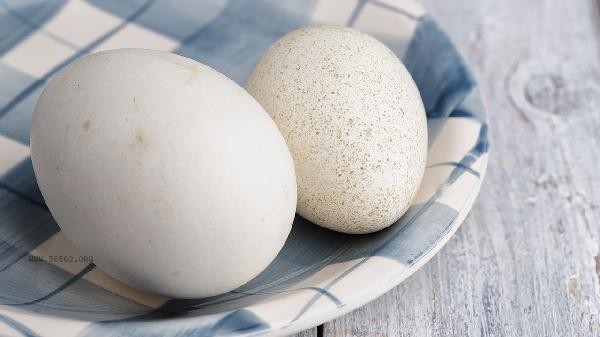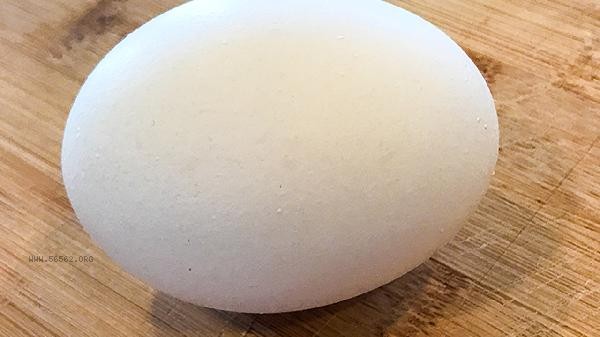Low protein intake may lead to health problems such as protein deficiency, weakened immunity, muscle atrophy, and anemia, and in the long run, it may also have an impact on liver and kidney function. Reasonably adjusting dietary structure, supplementing protein, and seeking medical help are the key to solving the problem.

1. Maintaining immune function is closely related to proteins
Proteins are structural components of immune cells, and low protein intake can weaken the body's immune system's ability to function, leading to problems such as susceptibility to colds, infections, and even difficulty in resisting external virus and bacterial invasion. In daily diet, you can choose foods rich in high-quality protein, such as eggs, milk, fish, and soy products, to help restore and enhance immune function.
The effect of low protein on the liver and kidneys

Protein deficiency can reduce the plasma protein produced by the liver, leading to edema or abnormal liver function. Meanwhile, low protein levels may also affect kidney function, manifested as abnormal urine protein production or fluid balance disorders. Ensure that the intake of animal protein such as chicken breast, shrimp, or lean beef can effectively supplement necessary nutrients and protect important organs.
3 can cause anemia and muscle atrophy [SEP]. insufficient protein intake can weaken hematopoietic function and easily lead to anemia problems. Muscle tissue is also composed of protein. If not consumed for a long time, muscle loss or atrophy may occur, leading to physical weakness, decreased work and exercise ability. To supplement nutrition and alleviate the above symptoms, plant-based protein foods such as tofu, edamame, and spinach can be added to each meal.
Low protein intake may pose potential risks to multiple systems in the body. It is recommended to increase the intake of protein rich foods according to one's own needs, and consult and develop targeted dietary and health management plans when necessary to fundamentally prevent the occurrence of diseases. Reasonable dietary habits and nutrient intake are key to maintaining good physical health.





Comments (0)
Leave a Comment
No comments yet
Be the first to share your thoughts!